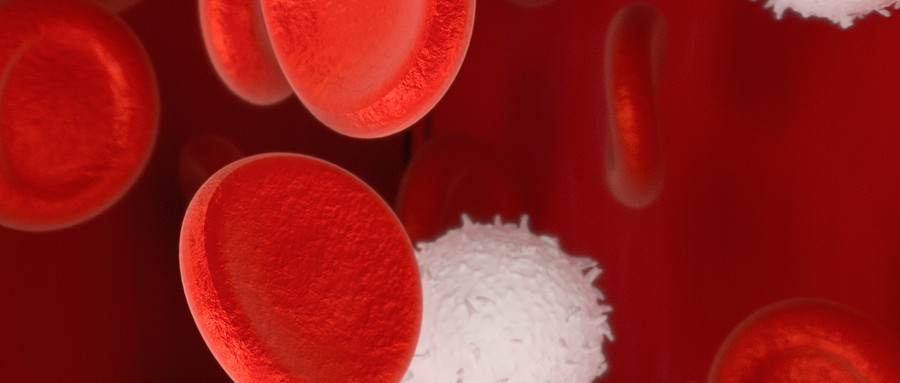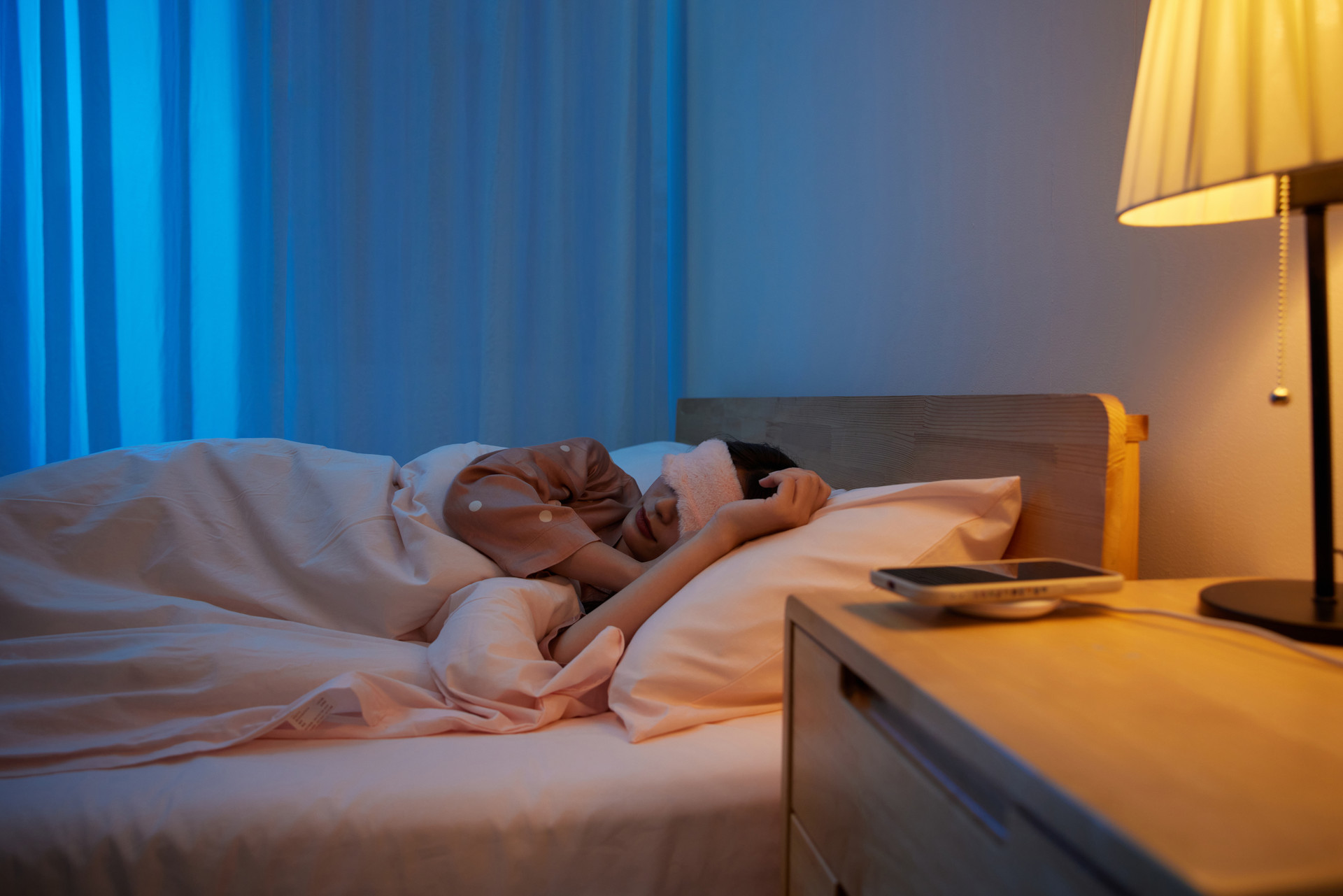Objective
研究目的
To evaluate the association between sleep quality and ovarian reserve among women of reproductive age.
评估育龄期女性睡眠质量与卵巢储备功能之间的相关性。
Design
研究设计
Cross-pal study.
横断面研究。
Subjects
研究对象
A total of 1,070 female participants aged 20–40 years enrolled from February 2023 to January 2024.
2023年2月至2024年1月招募的1070名年龄20~40岁的女性。
Exposure
暴露因素
Not applicable.
不适用。
Main Outcome Measures
主要结局指标
A questionnaire was administered to the participants to collect baseline information related to reproductive and lifestyle factors. Pittsburgh Sleep Quality Index (PSQI) was used to measure sleep quality. The assessment was conducted on ovarian reserve, including total antral follicle count (AFC), antimüllerian hormone (AMH) level, and basal sex hormone level.
通过问卷调查收集参与者的有关生殖和生活方式基线信息;采用匹兹堡睡眠质量指数(PSQI)评估睡眠质量;卵巢储备功能评估内容包括窦卵泡总数(AFC)、抗米勒管激素(AMH)水平及基础性激素水平。
Results
研究结果
The study sample of 1,070 women had a mean age of 31.67 ± 4.41 years. A total of 314 participants (29.35%) were classified under the poor sleep group (PSQI score >5). Significant differences were observed in the follicle-stimulating hormone (FSH), luteinizing hormone, estradiol, testosterone, AFC, and AMH between the two groups. The poor sleep group exhibited significantly lower levels of AMH and AFC. The FSH levels in the poor sleep group were higher. After the adjustment for confounding factors, multivariate regression analysis results indicated that the per unit increase in PSQI score was associated with increased odds of diminished ovarian reserve (adjusted odds ratio [AOR] of 1.28 for AMH <1.1 ng/mL; 95% confidence interval [CI], 1.20–1.37; AFC <7; AOR, 1.34; 95% CI, 1.25–1.43; FSH ≥10 mIU/mL; AOR, 1.16; 95% CI, 1.08–1.25; AMH <1.1 ng/mL or AFC <7 or FSH ≥10 mIU/mL; AOR, 1.29; 95% CI, 1.22–1.37). Compared with the PSQI ≤5 group, subjects with PSQI >5 had increased odds of diminished ovarian reserve (odds ratio, 3.80; 95% CI, 2.82–5.13; AOR, 4.43; 95% CI, 3.22–6.14). After stratification by age and body mass index, compared with the PSQI ≤5 group, all subgroups of the PSQI >5 group had increased odds of diminished ovarian reserve, especially <35-year-old and body mass index ≤18.4 kg/m2 subgroups.
本研究纳入的1070例女性平均年龄为31.67±4.41岁。其中314例(29.35%)被归类为睡眠质量较差组(PSQI评分>5分)。两组研究对象在促卵泡激素(FSH)、黄体生成素、雌二醇、睾酮、AFC及AMH水平方面呈现显著差异。睡眠质量较差组的AMH及AFC指标显著降低,FSH水平则显著升高。在校正混杂因素后,多因素回归分析显示:PSQI评分每升高1分,卵巢储备功能下降风险相应增加(AMH<1.1 ng/mL的校正比值比[AOR]=1.28,95%置信区间[CI]为1.20-1.37;AFC<7的AOR=1.34,95%CI为1.25-1.43;FSH≥10 mIU/mL的AOR=1.16,95%CI为1.08-1.25;满足AMH<1.1 ng/mL或AFC<7或FSH≥10 mIU/mL任一指标的AOR=1.29,95%CI为1.22-1.37)。与PSQI≤5分的组相比,PSQI>5分组的研究对象发生卵巢储备功能下降的风险显著升高(比值比=3.80,95%CI为2.82-5.13;AOR=4.43,95%CI为3.22-6.14)。年龄及体重指数分层分析后发现,与PSQI≤5分的组相比,PSQI>5分组所有亚组的卵巢储备功能下降风险均有所增加,其中<35岁、体重指数≤18.4 kg/m²亚组的风险升高尤为显著。
Conclusion
结论
Poor sleep quality is associated with diminished ovarian reserve in women of reproductive age.
育龄期女性睡眠质量较差与卵巢储备功能下降存在显著相关性。
参考文献:
Association between sleep quality and ovarian reserve in women of reproductive age: a cross-pal study Lin, Yaoxiang et al.Fertility and Sterility, Volume 123, Issue 3, 520 - 528
本网站所有内容来源注明为“梅斯医学”或“MedSci原创”的文字、图片和音视频资料,版权均属于梅斯医学所有。非经授权,任何媒体、网站或个人不得转载,授权转载时须注明来源为“梅斯医学”。其它来源的文章系转载文章,或“梅斯号”自媒体发布的文章,仅系出于传递更多信息之目的,本站仅负责审核内容合规,其内容不代表本站立场,本站不负责内容的准确性和版权。如果存在侵权、或不希望被转载的媒体或个人可与我们联系,我们将立即进行删除处理。
在此留言



















#睡眠质量# #卵巢储备功能#
3 举报